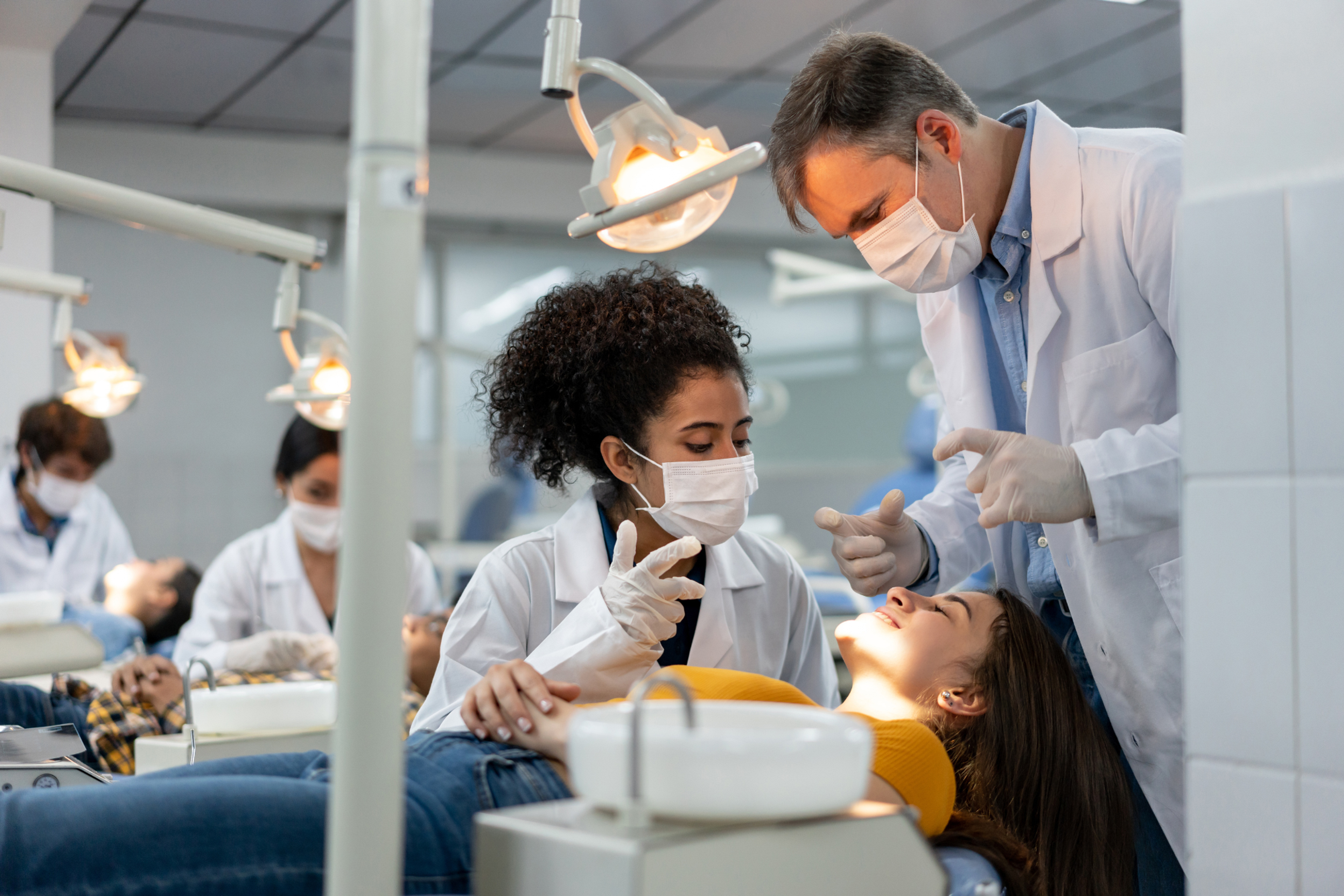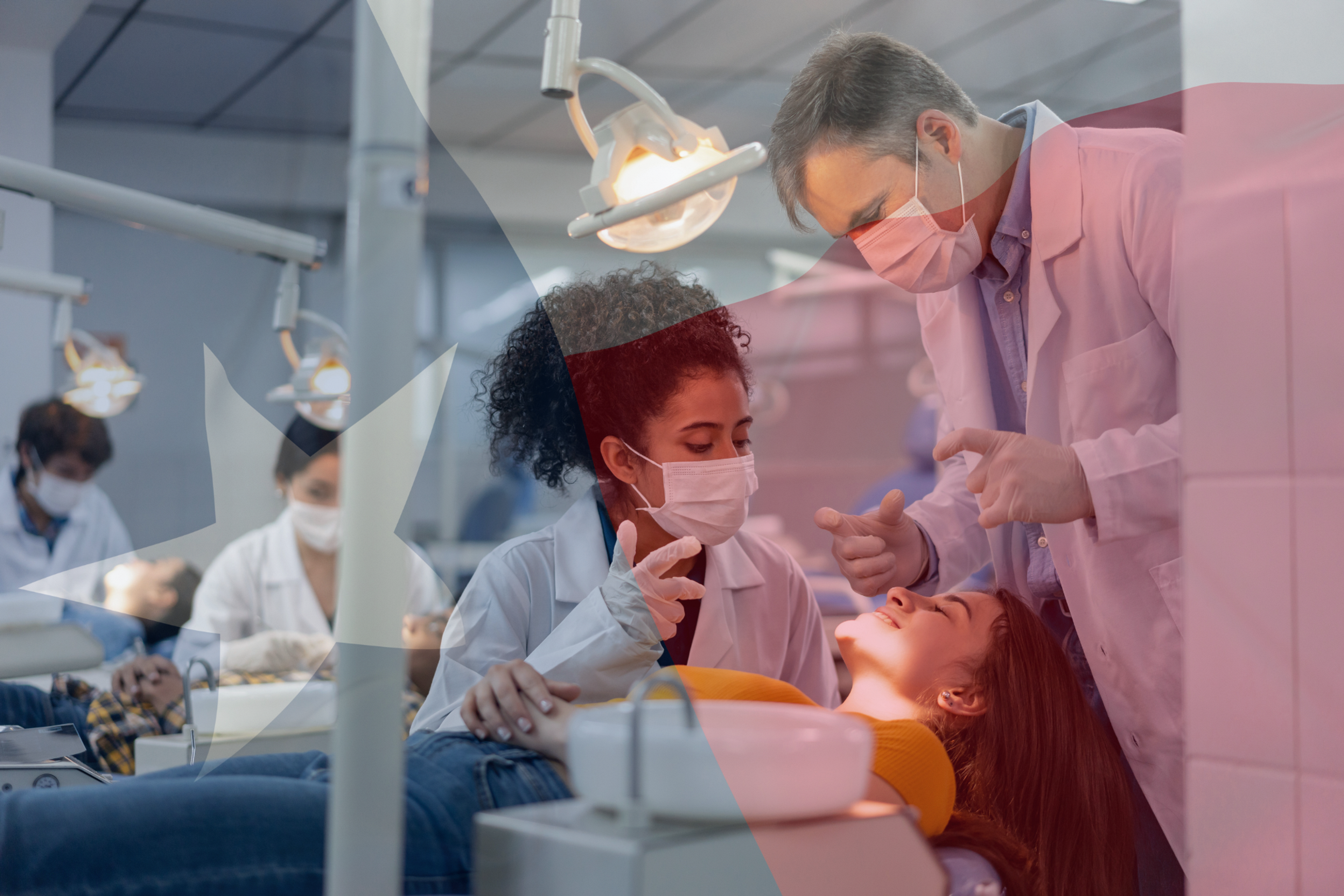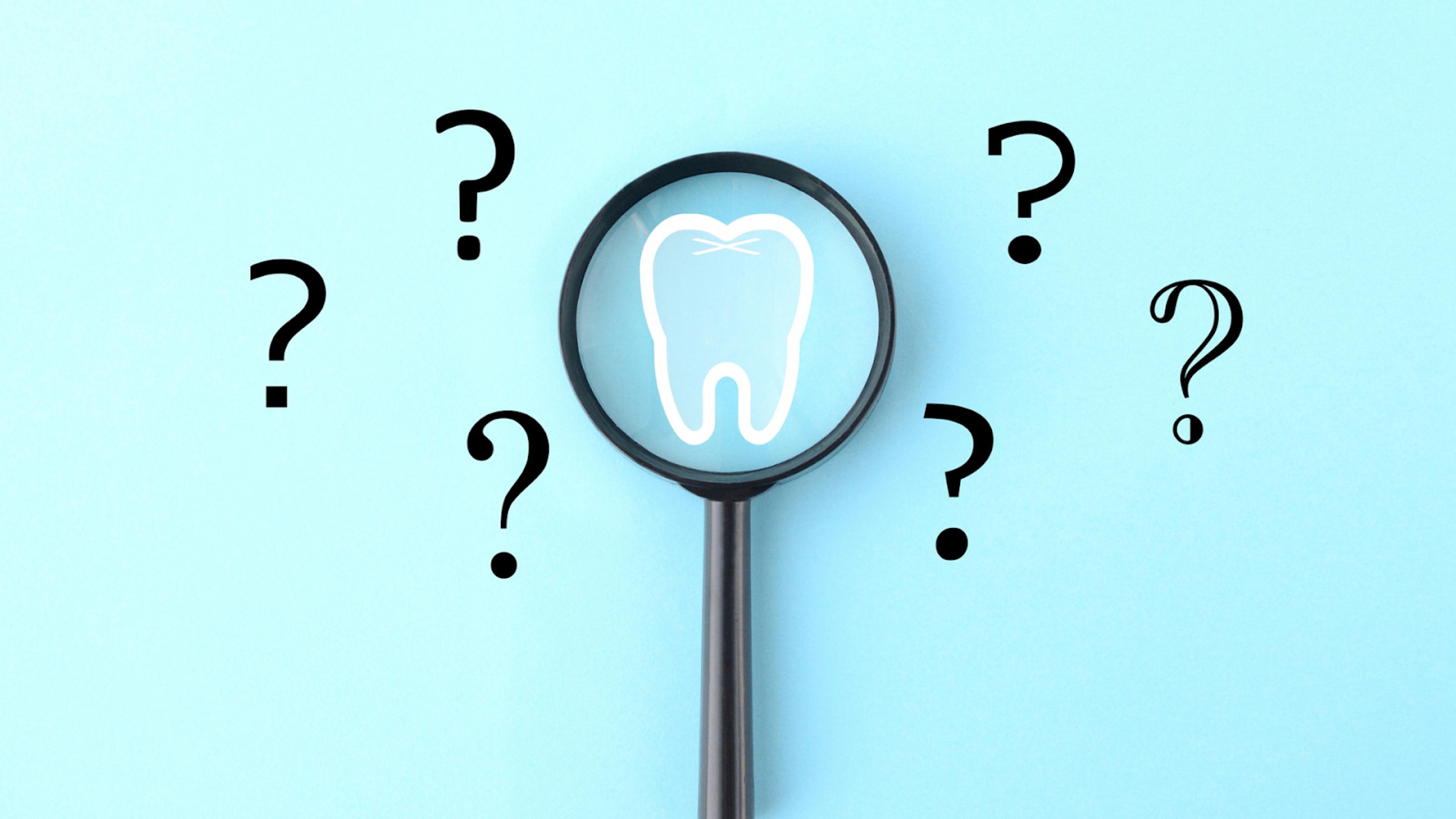The Best Majors for Dental School
If you're a pre-dental student, choosing the right major can be crucial for your future success in dental school.
Posted February 5, 2026

Join a free event
Learn from top coaches and industry experts in live, interactive sessions you can join for free.
Table of Contents
Are you a pre-dental student wondering which major to choose for a successful career in dentistry? Look no further than this comprehensive guide on the best majors for dental school.
How to Choose the Right Major for Dental School
Contrary to what many students assume, there’s no single “correct” major for dental school, and choosing the right one isn’t just about checking boxes. Dental schools do not require applicants to major in biology, chemistry, or any specific science; instead, they evaluate how well you’ve mastered the required prerequisite coursework and whether you’ve developed the skills and mindset needed to become a thoughtful, well-rounded clinician. That’s why the best major for you is the one that aligns with your strengths, interests, and ability to excel academically - not just the one that seems most “on brand.”
That said, most applicants do choose science majors and there’s a reason. Biology, biochemistry, chemistry, and neuroscience not only cover the majority of dental prerequisites, but also prepare you for the rigors of the DAT and the depth of material in dental school itself. If you enjoy these subjects and can maintain a strong GPA, science majors can be a smart and efficient path.
But here’s the nuance: if a science major will tank your GPA, or leave you disengaged, it’s not the best choice. Dental schools care deeply about academic performance. An English or psychology major with a 3.9 GPA and strong science prereqs will look more compelling than a biochem major scraping by with a 3.2. Plus, humanities and social science majors often bring stronger communication skills, cultural awareness, and emotional intelligence, traits that are highly valued in dentistry and in dental school interviews.
Here's a framework to help you pick the best major:
- Play to your academic strengths. Choose a major where you’re likely to excel as your GPA will carry significant weight.
- Cover your prerequisites early. No matter your major, be sure you complete courses like biology, chemistry, organic chemistry, physics, and biochemistry, often required by dental schools.
- Think about your story. Your major can reinforce your interests in public health, education, business, or biomedical innovation, all of which can be relevant to a dental career.
- Add depth, not just boxes. Admissions officers are looking for intellectual curiosity and engagement. That means excelling in your major, conducting meaningful research, and building experiences that tie back to your interest in dentistry.
Best Majors for Dental School
Again, to be clear: dental schools do not require or prefer a specific major. What they’re evaluating is your academic readiness (especially in science), your intellectual engagement, and your ability to bring something unique to the incoming class. That said, some majors do a better job of helping you meet those goals than others.
Here are the most common (and strategically smart) majors for dental school applicants, and why they work:
1. Biological Sciences (e.g., Biology, Biochemistry, Molecular Biology)
This is the most popular and for good reason. These majors align closely with dental school prerequisites and give you a strong foundation in cell biology, anatomy, physiology, and microbiology. They also prepare you for the DAT, especially the biology-heavy sections, and make it easier to integrate clinical shadowing or lab research into your academic plan. The downside? These majors can be competitive and GPA-deflating; if science isn’t your strength, think twice.
2. Chemistry or Chemical Engineering
Chemistry majors (especially those with a biochem track) often excel on the DAT’s general and organic chemistry sections. If you enjoy problem-solving and lab work, this major can also set you up for research opportunities that boost your profile. Chemical engineering is far less common but can be a differentiator if you’re academically strong. Just beware: it’s one of the toughest majors GPA-wise.
3. Psychology or Cognitive Science
Dentistry is as much about human behavior as it is about teeth. Psychology majors can offer a strong foundation in behavioral science, communication, and empathy, all essential skills for patient care. You’ll still need to take all your science prerequisites on the side, but this major can make your application more well-rounded and your personal statement more emotionally intelligent.
4. Public Health or Health Sciences
For students interested in community dentistry, health equity, or policy, these majors can be a compelling fit. They show a clear link between your academic interests and dentistry’s broader impact. Just be sure to supplement with rigorous science coursework and perform well in it.
5. Business or Economics
Running a dental practice involves management, finance, and strategic thinking. If you’re entrepreneurial or considering practice ownership, a business major can demonstrate long-term vision. Just make sure your science coursework and DAT score show you’re equally prepared for the academic demands of dental school.
Unexpected Majors That Still Work (and Might Even Help You Stand Out)
You don’t need to stick to the usual suspects. Some of the most compelling dental school applicants major in subjects that, at first glance, seem unrelated but actually build transferable skills that matter in dentistry: dexterity, empathy, pattern recognition, visual thinking, and communication. Just make sure you knock your science prereqs out of the park.
Here are some standout examples:
- Studio Art or Sculpture – Dentistry is hands-on and precision-based. A background in sculpture, ceramics, or visual arts can actually translate well to fine motor skills, hand–eye coordination, and aesthetic judgment, plus it makes for a killer personal statement.
- Anthropology or Sociology – These majors cultivate deep understanding of cultural variation, patient context, and social determinants of health, all of which are increasingly valued in holistic, patient-centered dental care.
- Philosophy – Critical thinking, ethics, logic, and communication are key skills in any healthcare profession. This major is a great fit if you're drawn to problem-solving or bioethics, and you want to frame your path to dentistry through a more reflective lens.
- Linguistics or Communication Disorders – If you’re interested in speech pathology, cleft palate care, or working with diverse patient populations, these fields can show that you’re attuned to the subtleties of speech, language, and human connection.
- Music Performance – Mastery of a musical instrument shows discipline, practice, and fine motor control. Several top applicants have connected their years of piano, violin, or guitar training to the physical demands of dental procedures and it works.
The Bottom Line
There’s no single “best” major for dental school but there is a best major for you. Whether you choose biology, art history, engineering, or philosophy, what matters most is that you pursue something you’re genuinely curious about, excel in your coursework, and complete the required prerequisites with strong grades. Dental schools want intellectually engaged, well-rounded candidates who can think critically, communicate clearly, and thrive in a demanding clinical environment.
Pick a major that plays to your strengths, leaves room for extracurricular and clinical experiences, and, most importantly, gives you something meaningful to talk about in your personal statement and interviews. That’s what makes an applicant truly stand out.
Get Into Dental School With the Help of an Expert
Applying to dental school is about more than just grades and prerequisites, it’s about telling a compelling story, making smart strategic decisions, and presenting yourself as the kind of future dentist schools want in their class. Whether you’re still choosing a major, prepping for the DAT, or polishing your personal statement, working with a dental admissions coach can make all the difference.
Our expert coaches have helped applicants get into top dental programs across the country. They know what schools are really looking for, how to stand out in a competitive pool, and how to avoid common mistakes that can hold strong candidates back. Book a free intro call today and take the next step toward your future in dentistry with clarity and confidence.
Read Next:


























